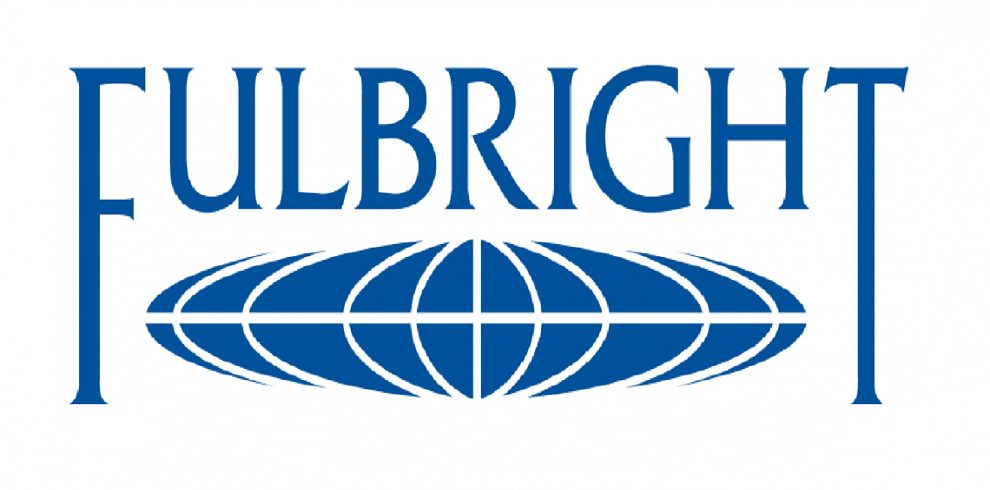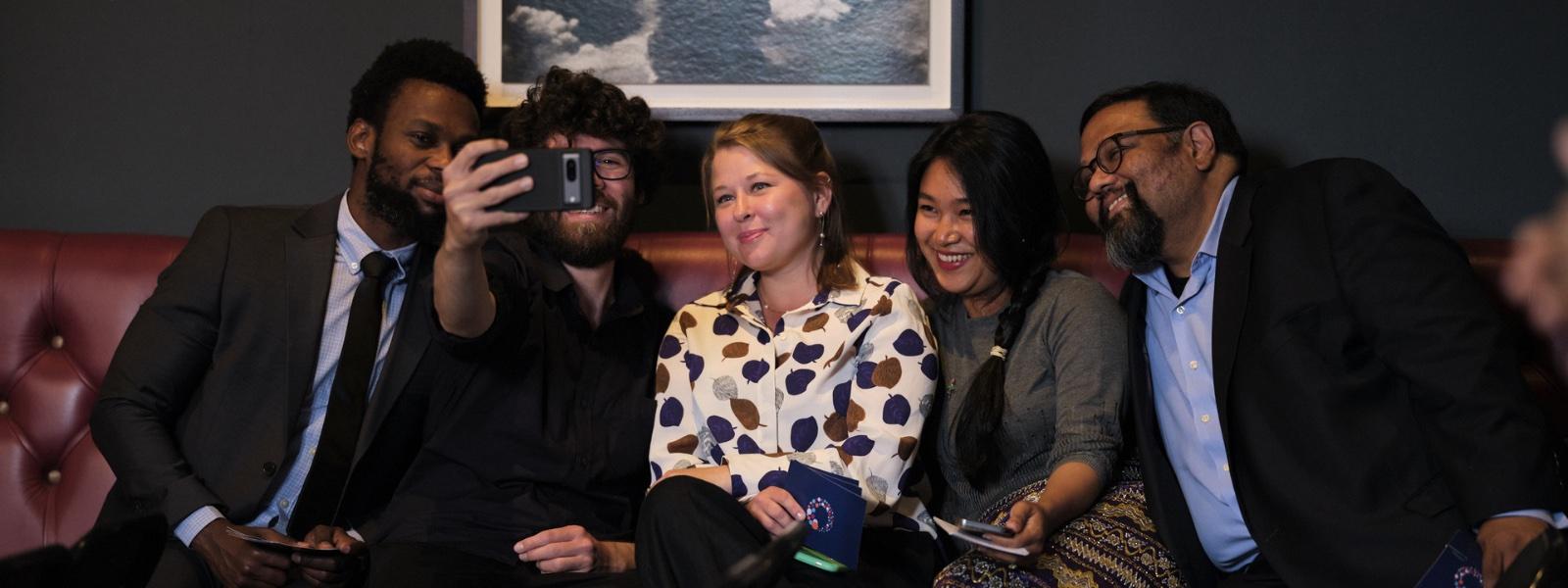
2019 Thomson-Reuters Foundation Reporting Rural Poverty & Agricultural Development
Deadline: January 2, 2019.
In order to ensure the daily issues faced by rural poor people and their communities are acknowledged, it is important that their stories are heard and their voices are amplified. With funding from the International Fund for Agricultural Development (IFAD), the specialised UN agency, we will bring together journalists from around the world to attend this workshop aimed to enable journalists to tell the story of rural development. The aim is to build specific expertise and increase familiarity and knowledge of issues faced by rural communities, help journalists to present new viewpoints, promote discussion and dialogue on how small-scale agriculture can respond to the growing demand for food, and highlight the essential need to support rural transformation and smallholder agriculture.
The workshop will take place during IFAD’s annual Governing Council. Being at the conference will allow journalists access to high profile delegates, leading experts in the issues, including IFAD and UN technical experts, as well as a number of small holder farmers who will be invited.
IFAD works with those most affected by poverty, food security, gender inequality, environment and climate change. At this workshop you will be expected to work on and file stories for your own news organisations on the themes and issues presented.
ELIGIBILITY
1. Applicants must be full-time journalists or regular contributors to a media organisation.
2. Applicants must be able to demonstrate a commitment to a career in journalism in their country, and should have at least two years’ professional experience and have a good level in spoken and written English.
3. They would also like to see professional evidence of your interest in the field of rural peoples’ issues and development.
FUNDING
Thomson Reuters Foundation, through IFAD funding and support, offers full bursaries for journalists from developing world countries working for established media organisations. Bursaries would include air travel expenses (economy class), accommodation, local transfers and meals. Please note that you need to check visa requirements and ensure you have the necessary documentation required. The cost of your visa and any other related costs will be the responsibility of the participant. This arrangement is subject to variation.
OFFICIAL LINK



